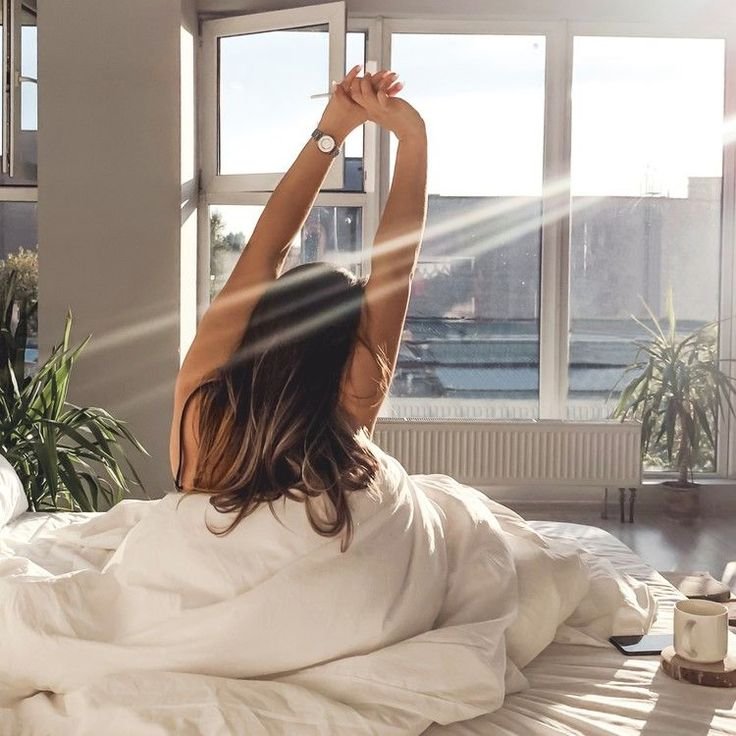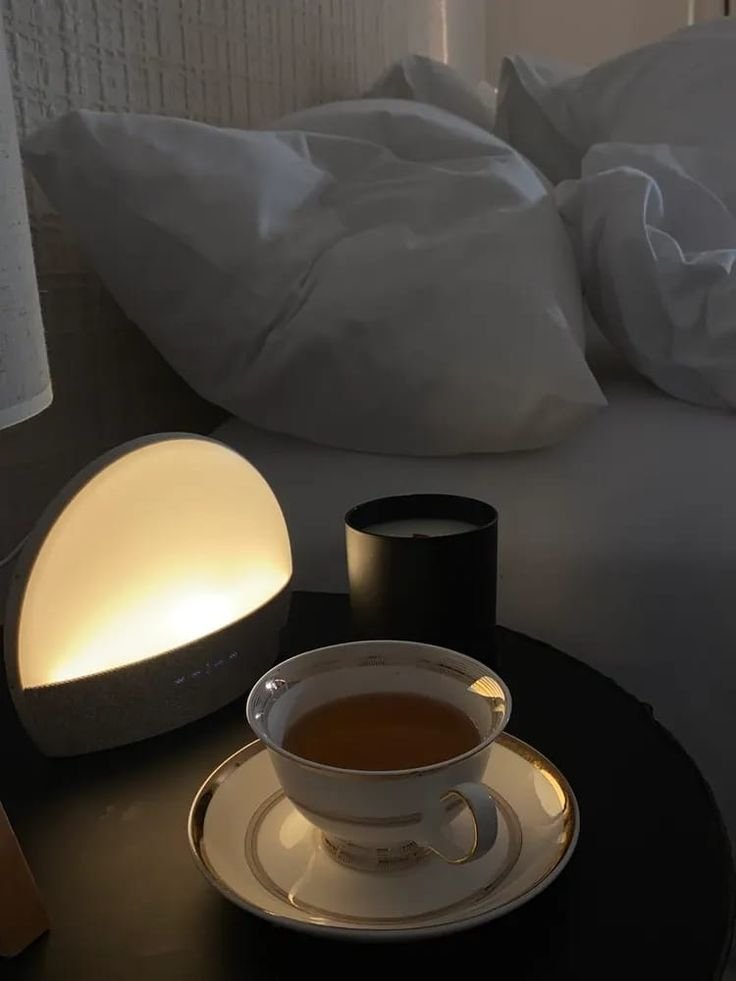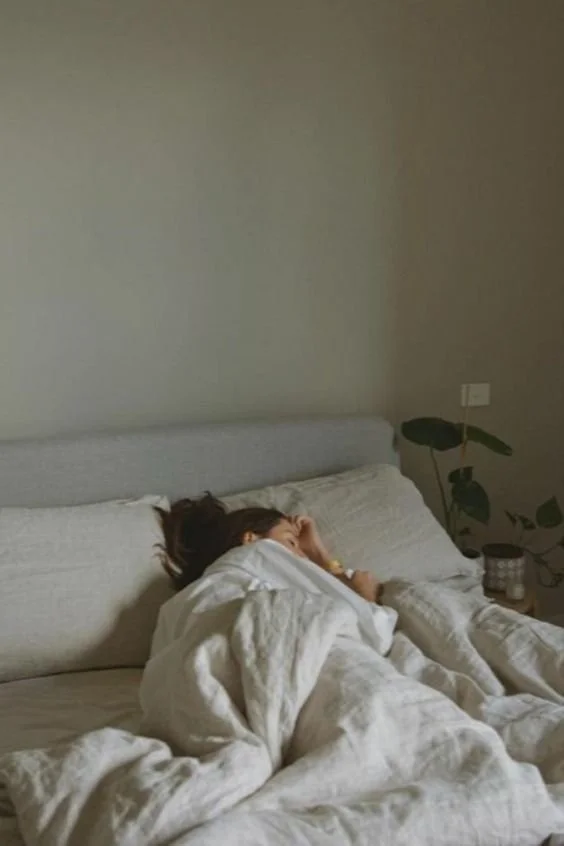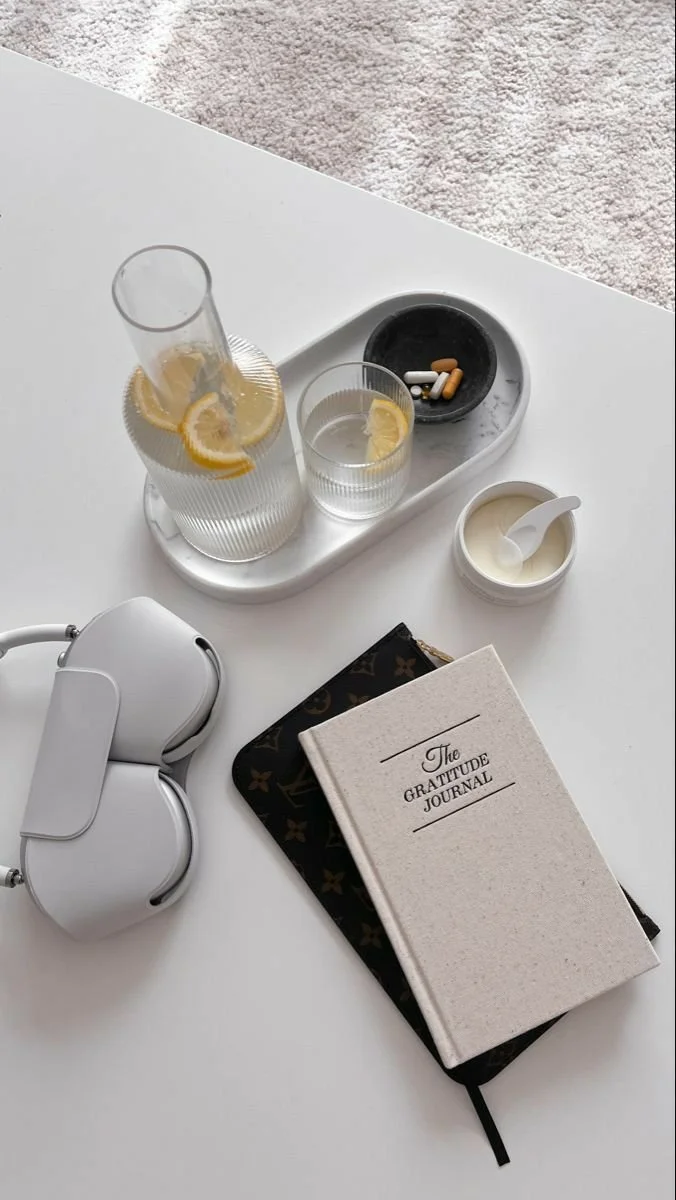6 Ways to Improve Your Sleep
Do you find yourself tossing and turning at night, unable to drift off into dreamland? You're not alone. Sleep is a crucial component of our overall well-being, yet many of us struggle to get enough of it. Fortunately, improving your sleep doesn't have to involve counting sheep or resorting to sleeping pills. By making some simple lifestyle changes, you can transform your nights from restless to restorative.
Over the past few years, I’ve really had a hard time getting quality sleep. Whether it was just staying up too late, dealing with stress, or just not being able to wind down, I’ve really struggled to figure out just how to manage things. Utimately it comes down to making lifestyle changes - even simple ones. I’ve learned to not drink alcohol after a certain time, to put time into winding down even when it feels like a challenge, and keeping a nightly routine that alerts my body it’s time to chill out. Remember, improving your sleep is all about setting the stage for relaxation and giving your body the time it needs to rest and recharge. So go ahead, dim the lights, cozy up in bed, and prepare to drift off into a blissful slumber. Your body will thank you for it in the morning. Sleep tight!
Soak Up the Sunshine
Ever notice how a sunny day leaves you feeling energized and ready to take on the world? That's because exposure to natural light during the day helps regulate your body's internal clock, known as the circadian rhythm. Aim to spend some time outdoors each day, soaking up those rays. Not only will it improve your mood and productivity, but it'll also help you sleep more soundly when bedtime rolls around. This can be so much harder during the colder months of the year, but even using a sunlamp can help immensely. I, for one, had to make it a point to open my blinds and windows during much of the way to help keep me from wanting to nap, staying productive, and helping me sleep at night.
Chill Out
Literally. Your body temperature naturally drops as you prepare for sleep, so help it along by cooling off before bedtime. Take a warm bath or shower about an hour before hitting the sack to help facilitate this temperature drop. Additionally, keep your bedroom cool – around 65 degrees Fahrenheit – to create the ideal sleep environment. I also love using the time before bed to use my ice roller or ice contour cube. Not only does it help get my face into shape, but it cools me off enough to sleep. It just so happens to be super helpful during allergy season and the summer when I’m prone to more headaches. The ice roller helps me relax my jaw and face muscles to help calm my headaches. It’s honestly brilliant.
Dim the Lights
Just as exposure to natural light during the day signals to your body that it's time to be awake, dimming the lights at night signals that it's time to wind down. In the hours leading up to bedtime, try to reduce your exposure to bright lights, particularly those emitted by screens. Instead, opt for softer, warmer lighting to help prepare your body for sleep. I start to turn off lights as the night goes on and I start to make my way to the bedroom. A lot of professionals recommend getting away from screens as bedtime comes, but I honestly enjoy doing a crossword puzzle on my phone in a warmly lit room. It keeps my brain active and helps me relax. Red lights are also helpful for getting a good night’s sleep, but I haven’t tried that one just yet!
Have an Evening Routine
Human beings are creatures of habit, and I honestly love my nighttime routine. From making sure everything is prepped and ready for the next day to doing a little skincare self-care, it just starts to get my mind ready to wind down. Creating a consistent evening routine can signal to your body that it's time to start winding down. Whether it's sipping on a cup of herbal tea, practicing gentle yoga, or reading a book, find activities that help you relax and incorporate them into your nightly routine. Over time, your body will come to recognize these cues and begin to prepare for sleep automatically.
Ditch the Snooze Button
As tempting as it may be to hit snooze and steal a few extra minutes of shut-eye in the morning, resist the urge. This is probably one of the hardest things to do especially during the winter. The reality is, snoozing can actually disrupt your sleep cycle, leaving you feeling groggy and unrested. Instead, set your alarm for the time you actually need to wake up and commit to getting out of bed when it goes off. I even make it a point to keep my phone far away so I am forced to get up to turn the alarm off and if I must check my notifications and such, I’m already out of bed. You'll be surprised at how much better you feel when you start your day on the right foot.
Stay Consistent
Perhaps the most important thing I have learned in recent years is to maintain a consistent sleep schedule. Try to go to bed and wake up at the same time every day, even on weekends. I know it can be hard for some, but I do enjoy the quiet of the early mornings and it just seems to work for me. Besides, consistency helps regulate your body's internal clock, making it easier to fall asleep and wake up naturally. Plus, once your body gets into a rhythm, you'll find that you feel more refreshed and energized throughout the day.






















